INSIDE ISSUE 18.52 | Dec. 27, 2019
 BIG STORY: Top stories of 2019 tee up 2020 issues
BIG STORY: Top stories of 2019 tee up 2020 issues
NEWS BRIEFS: From pet projects to a soggy holiday
COMMENTARY, Brack: State gets failing grade in progress agenda for all
SPOTLIGHT: Charter Communications
FEEDBACK: Send us a letter
MYSTERY PHOTO: This may be a very tough mystery
S.C. ENCYCLOPEDIA: Emancipation Day celebrations
Top stories of 2019 tee up 2020 issues

By Lindsay Street, Statehouse correspondent | For the coming 2020 legislative session, the past may prove to be prologue. Here are some of 2019’s stories that will likely play out beginning Jan. 14, the second year of a two-year session:
What will happen to Santee Cooper?
 Perhaps the biggest question of the 2020 session will be the fate of state-owned utility Santee Cooper. In 2019, lawmakers kicked around a bunch of ideas, ordered reports and debated a bit on its fate.
Perhaps the biggest question of the 2020 session will be the fate of state-owned utility Santee Cooper. In 2019, lawmakers kicked around a bunch of ideas, ordered reports and debated a bit on its fate.
By the end of January, lawmakers should have a new report from the S.C. Department of Administration detailing bids that will include options selling it to a private entity, such as Duke Energy or NextEra; or having a company like Dominion Energy manage it; or keeping the utility as a state-owned asset that is restructured.
- Read about how this topped lawmakers’ list of ‘spooky’ things for 2020 (Beware, this Halloween-themed story may clash with the reds and greens of this season).
Energy and the environment
The first year of the 2019-2020 legislative session concluded as a “surprising” year for environmental causes, such as laying a pathway for renewable energy in the state. Lawmakers said they wanted the state’s utilities to be locked into contracts for at least 10 years with renewable generators, and to pay fair prices for that energy. Read the end-of-session story here for more details.
 But more legislation is likely in the works for 2020. One of the biggest issues that cropped up in the off-session is how the state’s utility regulator, the state Public Service Commission, is enacting the S.C. Energy Freedom Act. Some say a December decision that locks rates to a 10-year contract but at nearly a third less than previous rates will be a “doomsday” for solar, but PSC regulators say that’s hyperbole. Read about how lawmakers are eyeing changes on the PSC or scrapping the entire model of how the state regulates utilities. Last week, an email exchange between a commissioner and a conservation nonprofit led to lawmakers asking for a legal and ethics review. Read more.
But more legislation is likely in the works for 2020. One of the biggest issues that cropped up in the off-session is how the state’s utility regulator, the state Public Service Commission, is enacting the S.C. Energy Freedom Act. Some say a December decision that locks rates to a 10-year contract but at nearly a third less than previous rates will be a “doomsday” for solar, but PSC regulators say that’s hyperbole. Read about how lawmakers are eyeing changes on the PSC or scrapping the entire model of how the state regulates utilities. Last week, an email exchange between a commissioner and a conservation nonprofit led to lawmakers asking for a legal and ethics review. Read more.
In the off-session, Statehouse Report also looked at two issues for the state: carbon emissions (they’re dropping but state could take bigger steps) and offshore wind power (the state has an enormous untapped resource).
A surplus, the budget and pensions
 For a second consecutive year, state budget writers missed the mark on projecting revenues by more than 2 percent. That means the 2020-2021 budget will include a $350 million surplus from this year’s budget that will likely go mostly to one-time, pet projects. Read the story.
For a second consecutive year, state budget writers missed the mark on projecting revenues by more than 2 percent. That means the 2020-2021 budget will include a $350 million surplus from this year’s budget that will likely go mostly to one-time, pet projects. Read the story.
In the current budget cycle, lawmakers chose to dole out $50 household rebate checks from the previous year’s $177 million surplus.
In addition to the previous year’s surplus, budget forecasters have projected another $1.8 billion in extra revenues for the 2020-2021 budget — likely bringing the state’s annual budget to about $11 billion. This is on top of S.C. economists warning lawmakers to invest wisely as growth is expected to “soften.” Read more.
Expect big budget fights, pay raises for teachers (some of whom are still unhappy about proposed education changes), but some are saying nothing additional will be put toward state employee pensions.
Speaking of pensions, that could become a priority as libertarian think tank Reason lobbies lawmakers to change the system into more of a 401(k)-styled system that puts all the retirement investment risk on individuals, with no guarantee of a pension from the state. Read more.
Vaping regulations
 Dire headlines about teen use of electronic cigarettes and cases of vaping-related illness and deaths have led to a plate of regulations being pushed by a bipartisan group of House members. Read more the effort to regulate vaping in the state. Look for a large omnibus package in 2020.
Dire headlines about teen use of electronic cigarettes and cases of vaping-related illness and deaths have led to a plate of regulations being pushed by a bipartisan group of House members. Read more the effort to regulate vaping in the state. Look for a large omnibus package in 2020.
Education overhaul and more
Educator groups in the state are still trying to pump the brakes on a massive education bill that tweaks a number of state public education laws, including giving teachers a bigger starting salary. The Senate is primed for debate beginning in January, jumping ahead on the calendar before it gets mired in the Santee Cooper decision and then the budget. Already, Gov. Henry McMaster has set the stage — with support from House Speaker Jay Lucas, R-Hartsville — for a $3,000 pay increase for teachers out of the state budget.
![]() In 2019, educators staged a “walkout” that threatened to undo lawmakers’ goodwill. Now, the same group, SCforEd, is demanding lawmakers to agree to a list of demands before March 17. Another teacher rally could be in the works, organizers said.
In 2019, educators staged a “walkout” that threatened to undo lawmakers’ goodwill. Now, the same group, SCforEd, is demanding lawmakers to agree to a list of demands before March 17. Another teacher rally could be in the works, organizers said.
And while no other major legislation is expected in 2020 outside of funding from the budget and the overhaul package, the Senate has also tasked a panel to begin examining how the state funds public education. Much of the panel’s work will happen in the coming session. Read the story here.
Taxes examined
 In 2019, Republicans in the House began a multi-year push to begin reforming the state’s tax system. Think: getting rid of exemptions but lowering the rates overall. It’s all about “broadening the base,” they told Statehouse Report. Read the story here.
In 2019, Republicans in the House began a multi-year push to begin reforming the state’s tax system. Think: getting rid of exemptions but lowering the rates overall. It’s all about “broadening the base,” they told Statehouse Report. Read the story here.
And a Democratic-led bill would bring an additional state incentive and more oversight to the federal opportunity zones. Opportunity zones were introduced by U.S. Sen. Tim Scott, R-S.C., and included in the federal massive tax overhaul of 2017. Its critics say it enriches the wealthy by allowing them to take investment earnings and re-invest in impoverished areas tax-free, without much transparency or community input. Charleston Rep. Marvin Pendarvis is looking to “super charge” the tax breaks. Read more here.
Opioid response continues

As class-action and other government litigation continues over local and state government responses and expenses from the opioid crisis, South Carolina received praise from federal officials in 2019 for its response so far to curbing the epidemic. Read the story here.
More legislation is likely in 2020. S.C. Rep. Russell Fry, R-Horry, has prefiled a bill that requires prescribers to offer a prescription for opioid-overdose antidote Naloxone to a patient under certain circumstances.
Plastics, plastics, plastics
South Carolina appears at a crossroads as more local governments seek to curb single-use plastics and the state’s officials appear to encourage more plastic industry to locate here. Read the story here about the strange push and pull of plastic in the state.
There is also a push at the Statehouse now to soften regulation of a plastic recycling process that promises to reduce waste and bring in jobs. But some lawmakers and environmental advocates say the heat method is dirty and would be worse for South Carolina. Read more.
A few extra reads
While you’re waiting for the in-laws to leave or avoiding cleaning up the kitchen, here’s a deep-dives of past stories you might want to read to get ready for a big legislative year:
- SAFETY: ‘Negative outcomes’ for kids linked to push for school safety
- HEALTH: Hundreds in S.C. died without Medicaid expansion, experts say
- BOARDS: Whites, males comprise big majority of state university governing boards
- PAYDAY: Big money being made off low-income earners in S.C.
- THE COUNT: 2020 Census could bring budget hits to most S.C. counties, RFA reports
- Have a comment? Send to: feedback@statehousereport.com
From pet projects to a soggy holiday
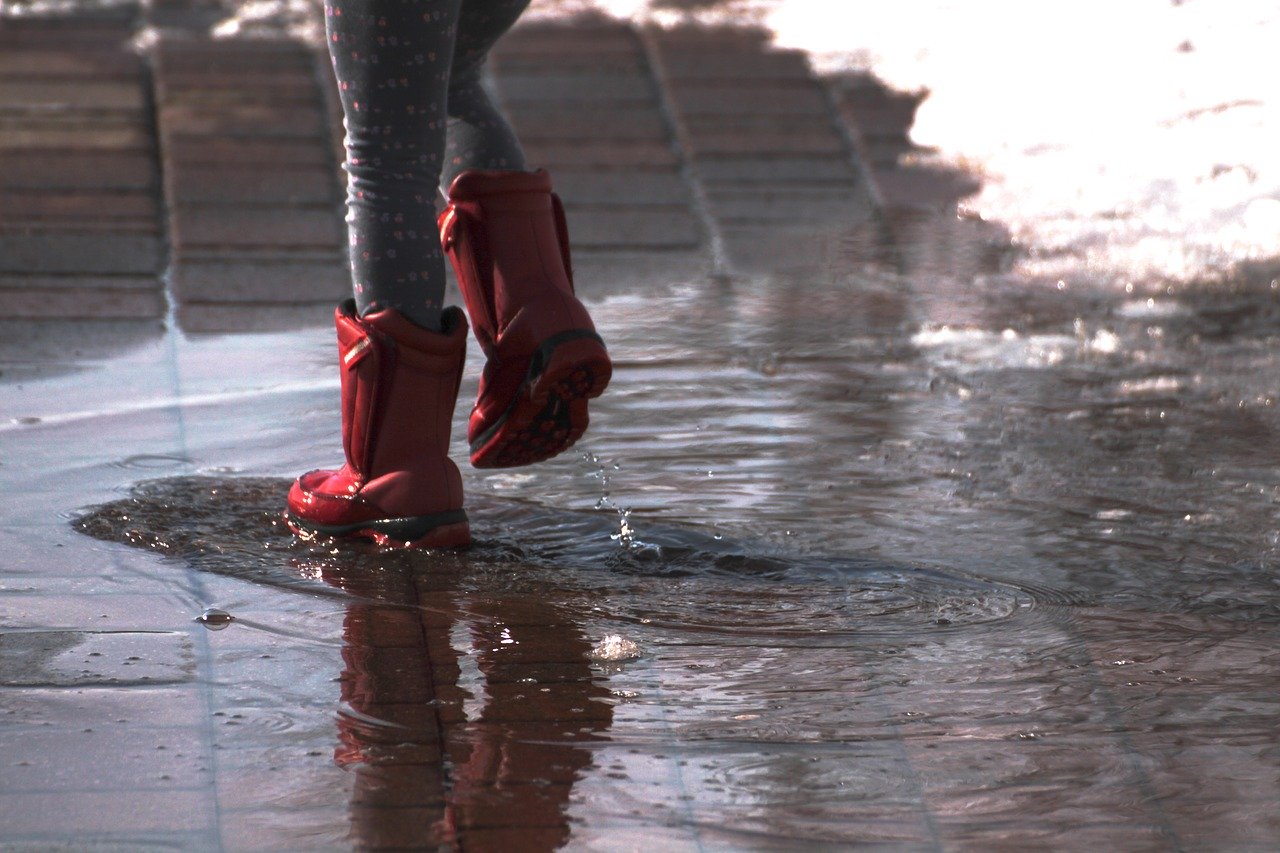
Staff reports | With the holidays comes a slowdown of political and policy news, but you might want to know about these items:
Lawmakers funnel big bucks to pet projects. Here’s a confidence booster on state government: More than $20 million was spent in the last state budget toward pet projects like hometown walking trails and expanding a tennis court complex. Some lawmakers defend the practice, saying the state is helping cash-strapped locals to pay for needs. But the process is also less than transparent as the budget is drafted. More: The State.
Under fire. S.C. Rep. Mandy Powers Norrell, D-Lancaster, caught flak after tweeting and then deleting a comment alleging “cruel and disrespectful” white power signs from cadets at the Army-Navy football game in Philadelphia, according to Fox News. She later apologized after a review showed cadets were playing a game, not flashing a symbol.
2020 race. Faith and politics are getting attention as evangelicals are tussling over support for President Trump after Christianity Today, a top Christian magazine, called for him to be removed from office. More than 100 conservative evangelicals later closed ranks to support Trump. Meanwhile, former Vice President Joe Biden, a Democratic presidential candidate, announced support from 100 S.C. faith leaders.
Pay to play? S.C. Sens. Marlon Kimpson, D-Charleston, and Mia McLeod, D-Richland, want state rules that would let college athletes in the state get paid while in school, according to The State.
A wet holiday. Yards across the state were soggy on Christmas after buckets of rain dumped on the state early in the holiday week. Some areas along the coast got as much as 8 inches of water over 48 hours. Roads were shut down due to flooding. Rivers rose dangerously high. The Midlands had flood watches. Holiday traffic snarled after wrecks on highways. And 50,000 gallons of diluted wastewater entered a reservoir near Walhalla after a Monday sewer overflow.
- Have a comment? Send to: feedback@statehousereport.com
State gets failing grade in progress agenda for all
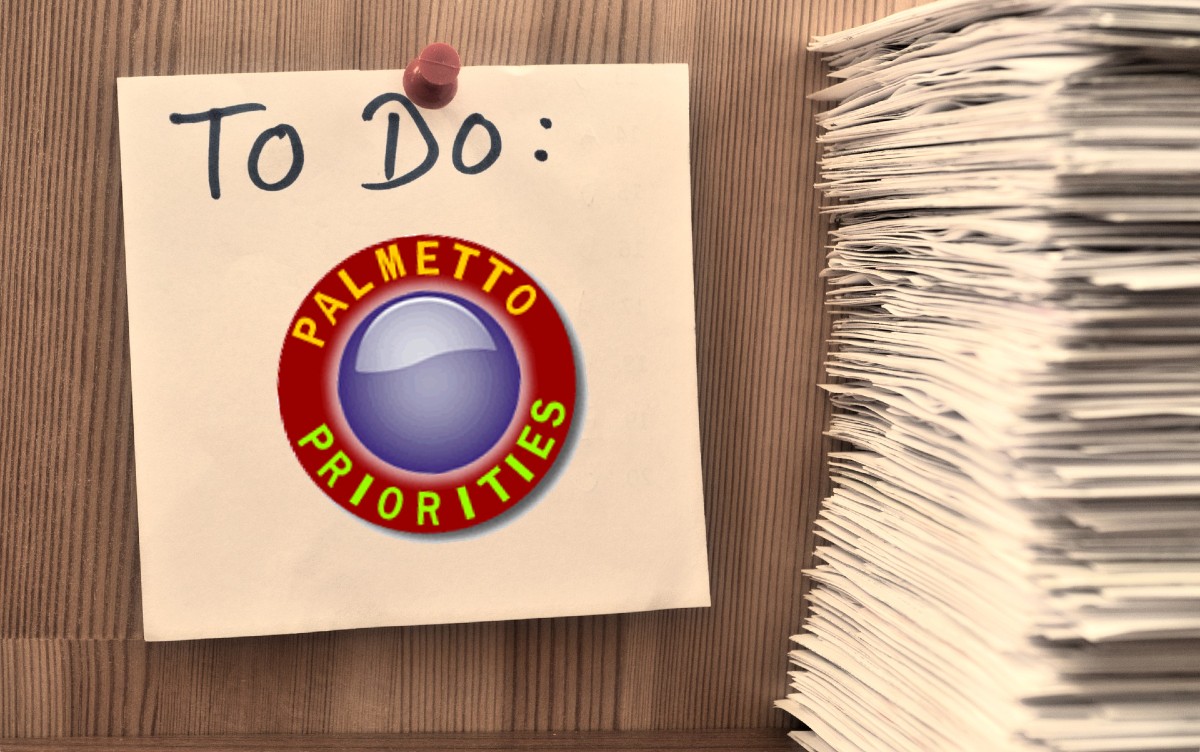
By Andy Brack, editor and publisher | A score of two out of 11 isn’t a passing grade, especially if you’ve had 11 years to get the job done.
 In January 2009, we outlined 11 broad policy goals to encourage state lawmakers to be bold and fix problems to make a real difference in the lives of everyday South Carolinians. In describing these “Palmetto Priorities,” we wrote:
In January 2009, we outlined 11 broad policy goals to encourage state lawmakers to be bold and fix problems to make a real difference in the lives of everyday South Carolinians. In describing these “Palmetto Priorities,” we wrote:
“If you don’t have a policy map for where you want to be headed, you will flounder in proposal after proposal.”
During the last decade, we’ve removed two priorities that were accomplished – increasing the state’s cigarette tax to $1 a pack to curb smoking and associated health risks, and increasing voter registration to 75 percent to bolster participation in our civic system.
But we still have a long way to go. Here is what’s still left:
JOBS. Legislators haven’t developed a cabinet-level state post dedicated to adding and retaining 10,000 small business jobs per year. Politicians talk about helping small businesses. This would force them to.
EDUCATION. Eleven years ago, we called on the state to cut its high school dropout rate in half as a way to show improvements in education. Still not done. Instead, they keep fiddling on the cheap and trying to privatize public responsibilities. Earth to legislators: The best economic development plan for South Carolina’s future is to radically improve education, not nibble around the edges. Get to work to cut the dropout rate in half by 2025.
HEALTH CARE. Not all South Carolinians have affordable and accessible health care that optimizes preventive care. Instead of making progress on this priority, South Carolina is regressing, working to undercut affordable care with Medicaid work requirements and failing to expand Medicaid. Fixing health care will save piles of money in the long run as healthy people don’t need as much expensive care.
ENVIRONMENT. In 2009, we called for a state energy policy requiring producers to generate 20 percent of their energy from renewable sources by 2020. While the state has made strides in better organizing a policy on energy, we’ve still got a long way to go to meet renewable goals.
 TAXES. Still needed: Remove special interest sales tax exemptions that are outdated for the state’s 21st century economy. Special-interest tax breaks cost billions in state revenue every year. Review exemptions and get rid of ones no longer are needed. Also work on overhauling the state’s entire tax structure through re-implementation of reasonable property taxes and fairer sales and income taxes.
TAXES. Still needed: Remove special interest sales tax exemptions that are outdated for the state’s 21st century economy. Special-interest tax breaks cost billions in state revenue every year. Review exemptions and get rid of ones no longer are needed. Also work on overhauling the state’s entire tax structure through re-implementation of reasonable property taxes and fairer sales and income taxes.
CORRECTIONS. We’ve made outstanding progress in reducing the prison population by 25 percent by 2020 through creative alternative sentencing programs for non-violent offenders. You might be surprised to learn that between 2009 and this year, the prison population dropped 21.5 percent — from 24,734 inmates at the state Department of Corrections to 19,416. Let’s continue the hard work — and maybe we can meet this goal by this time next year.
ROADS. We called for lawmakers to strengthen all bridges and upgrade all state roads through creative highway financing and maintenance programs. South Carolina made progress by finally increasing a tax on gas, but funding continues to be too low, especially for more public transit in metro areas.
POLITICS. Still on the list: Have a vigorous two- or multi-party political system of governance.
In recent years, we added two more priorities, which flounder:
GUN REFORM. Close the “Charleston loophole” to extend the waiting period for purchasing a gun to at least five days to allow federal examiners more time for background checks. This is low-hanging fruit for 2020. Get it done and consider other reasonable reforms to reduce gun violence in South Carolina.
POVERTY. Develop a broad-based anti-poverty agenda that includes the jobs, education and health care components listed above to help lift the almost one in five South Carolinians in poverty into better conditions. Republicans need to stop pandering for tax cuts that help the people at the top. Democrats need to be louder about ways to create more prosperity for everyone.
The new year is around the corner. Let’s get busier.
Andy Brack is editor and publisher of Statehouse Report. Have a comment? Send to: feedback@statehousereport.com.
Charter Communications
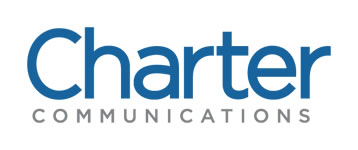 The public spiritedness of our underwriters allows us to bring Statehouse Report to you at no cost. Today, we’re happy to shine the spotlight on Charter Communications, the nation’s fastest-growing TV, internet and voice company. Committed to integrating the highest quality service with superior entertainment and communications products, Charter is at the intersection of technology and entertainment, facilitating essential communications that connect 24 million residential and business customers in 41 states, including South Carolina. In addition to being committed to giving back to the communities we serve, the bedrock of our business strategy is to serve our customers and exceed their expectations.
The public spiritedness of our underwriters allows us to bring Statehouse Report to you at no cost. Today, we’re happy to shine the spotlight on Charter Communications, the nation’s fastest-growing TV, internet and voice company. Committed to integrating the highest quality service with superior entertainment and communications products, Charter is at the intersection of technology and entertainment, facilitating essential communications that connect 24 million residential and business customers in 41 states, including South Carolina. In addition to being committed to giving back to the communities we serve, the bedrock of our business strategy is to serve our customers and exceed their expectations.
“We, at our core, are a service organization,” President and CEO Tom Rutledge says. “And every product we sell has a huge service component.”
- To learn more, visit Charter’s South Carolina services online.
Tell us what you think — sound off!
We love hearing from our readers and encourage you to share your opinions. But you’ve got to provide us with contact information so we can verify your letters. Letters to the editor are published weekly. We reserve the right to edit for length and clarity. Comments are limited to 250 words or less. Please include your name and contact information.
- Send your letters or comments to: feedback@statehousereport.com
This may be a very tough mystery
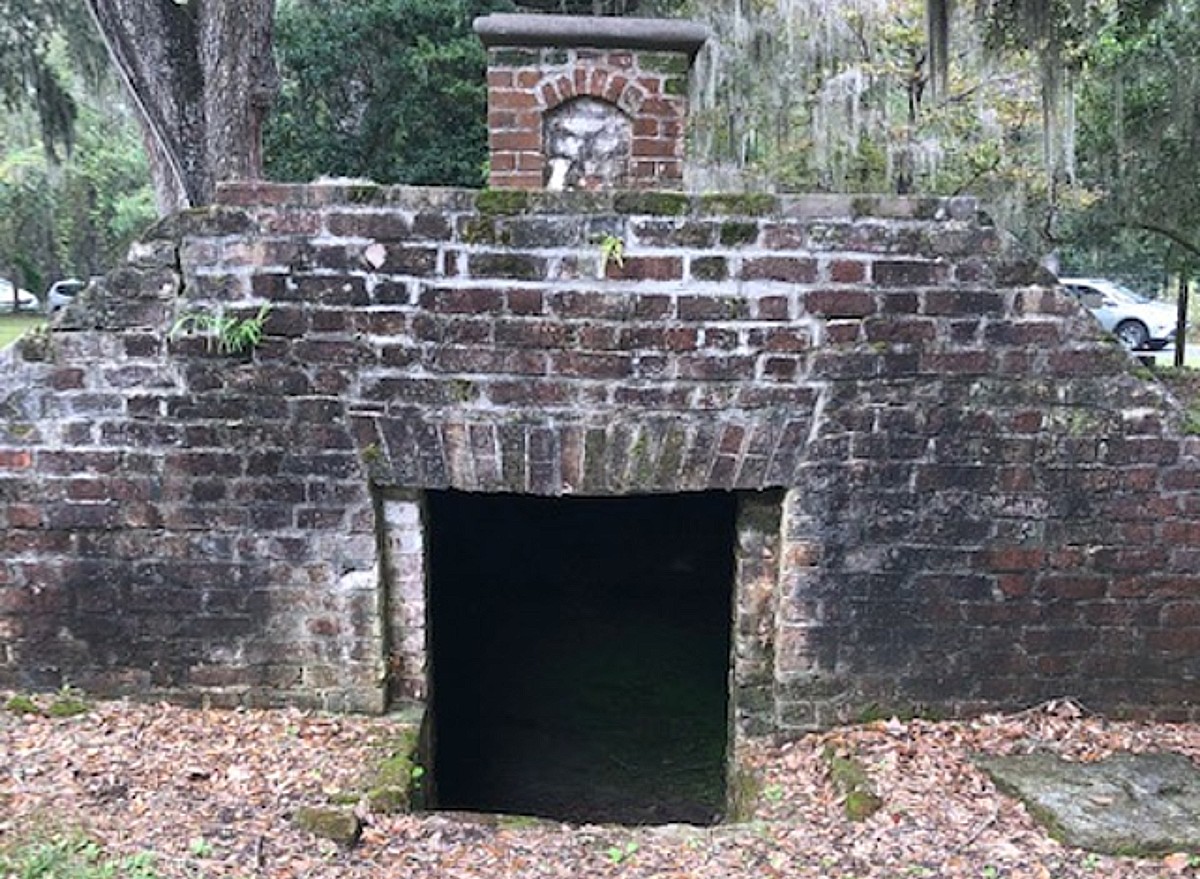
The image above is in South Carolina, but may pose some difficulties for you to identify. Easy win: What is it? Bonus: Where specifically is it? Send your best guess to feedback@statehousereport.com. And don’t forget to include your name and the town in which you live.
Our previous Mystery Photo
 Our Dec. 20 image, “Wonder what the story behind this is?” shows “Place of Peace,” a former Japanese temple moved to the campus of Furman University.
Our Dec. 20 image, “Wonder what the story behind this is?” shows “Place of Peace,” a former Japanese temple moved to the campus of Furman University.
Congratulations to these sleuths who correctly identified the photo: David Lupo of Mount Pleasant; Jay Altman of Columbia; Jacie Godfrey of Florence; and Frank Bouknight of Summerville.
Altman said the temple originally was built in 1984 and donated in 2004 to furman by the Tsuzuki family, who maintained residences in Greenville and Nagoya, Japan, for many years.
Lupo shared that “a more extensive 2008 article in the Spartanburg Herald-Journal notes that the building is no longer formally a temple since the sacred shrine was removed by the family that donated the building to Furman.
- Send us a mystery: If you have a photo that you believe will stump readers, send it along (but make sure to tell us what it is because it may stump us too!) Send to: feedback@statehousereport.com and mark it as a photo submission. Thanks.
S.C. ENCYCLOPEDIA
Emancipation Day celebrations
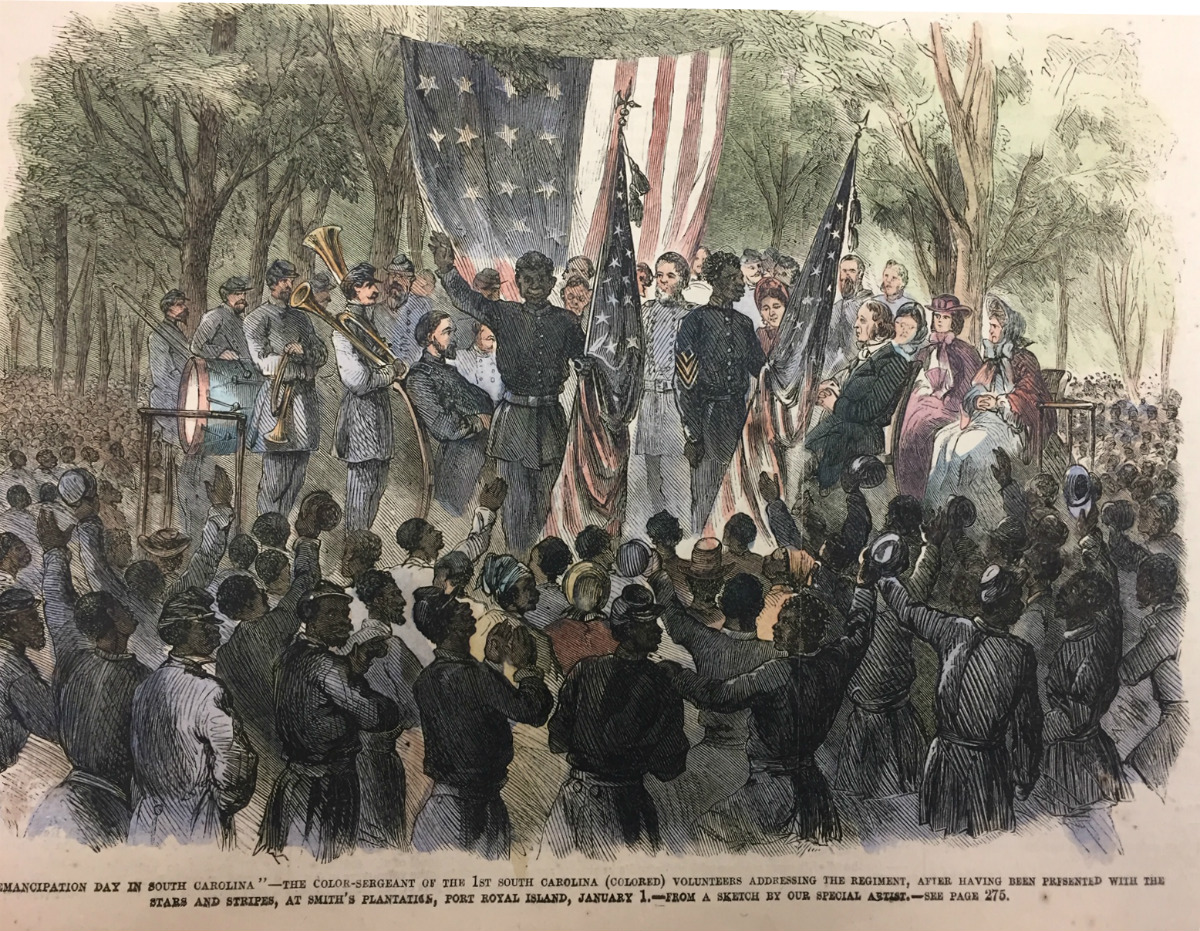
S.C. Encyclopedia | The tradition of marking the end of slavery with Emancipation Day celebrations began in South Carolina on January 1, 1863—the day the Emancipation Proclamation of President Abraham Lincoln declared three million slaves in the Confederate states to be “thenceforward, and forever free.” Since then, African Americans in South Carolina have gathered annually on New Year’s Day to commemorate the “Day of Jubilee” with food, song, dance, and prayer.
Emancipation Day celebrations in America can be traced back to January 1, 1808, when the United States officially ended its participation in the international slave trade. Other significant events in the fight against slavery (West Indian emancipation, passage of the Thirteenth Amendment, first notification of emancipation in east Texas) provide alternate days (August 1, February 1, June 19, respectively) for Emancipation Day celebrations in other regions of the country. In South Carolina, however, New Year’s Day overshadows these counterparts.
From the first Emancipation Day celebration in Port Royal, when thousands of former slaves traveled significant distances to enjoy a day of singing, feasting, and oratory, African Americans in South Carolina have invested the holiday with secular and sacred significance. During the Reconstruction Era, Emancipation Day celebrations were means by which African Americans publicly dramatized their newfound freedom. The occasions varied widely in size, location (from town squares to churches), form (from barbecues to military parades), and tone (from moderate calls for hard work and thrift to fiery sermons and appeals for radical political change).
Despite opposition from some whites, Emancipation Day celebrations drew large crowds across South Carolina during the decades following the Civil War. While the number of occasions and participants dwindled after Reconstruction, Emancipation Day celebrations remained vital rituals for South Carolina’s African American community well into the twentieth century.
– Excerpted from the entry by Ethan J. Kytle. This entry may not have been updated since 2006. To read more about this or 2,000 other entries about South Carolina, check out The South Carolina Encyclopedia by USC Press. (Information used by permission.)
ABOUT STATEHOUSE REPORT
Statehouse Report, founded in 2001 as a weekly legislative forecast that informs readers about what is going to happen in South Carolina politics and policy, is provided to you at no charge every Friday.
Meet our team
- Editor and publisher: Andy Brack, 843.670.3996
- Statehouse correspondent: Lindsay Street
 Buy the book
Buy the book
Now you can get a copy of editor and publisher Andy Brack’s We Can Do Better, South Carolina! ($14.99) as a paperback or as a Kindle book ($7.99). . The book of essays offers incisive commentaries by editor and publisher Andy Brack on the American South, the common good, vexing problems for the Palmetto State and interesting South Carolina leaders.
More
- Mailing address: Send inquiries by mail to: 1316 Rutledge Ave., Charleston, SC 29403
- Subscriptions are free: Click to subscribe.
- We hope you’ll keep receiving the great news and information from Statehouse Report, but if you need to unsubscribe, go to the bottom of the weekly email issue and follow the instructions.
- © 2019, Statehouse Report, a publication of City Paper Publishing, LLC. All rights reserved.
- Read our sister publications: Charleston City Paper (every Wednesday) | Charleston Currents (every Monday)
















